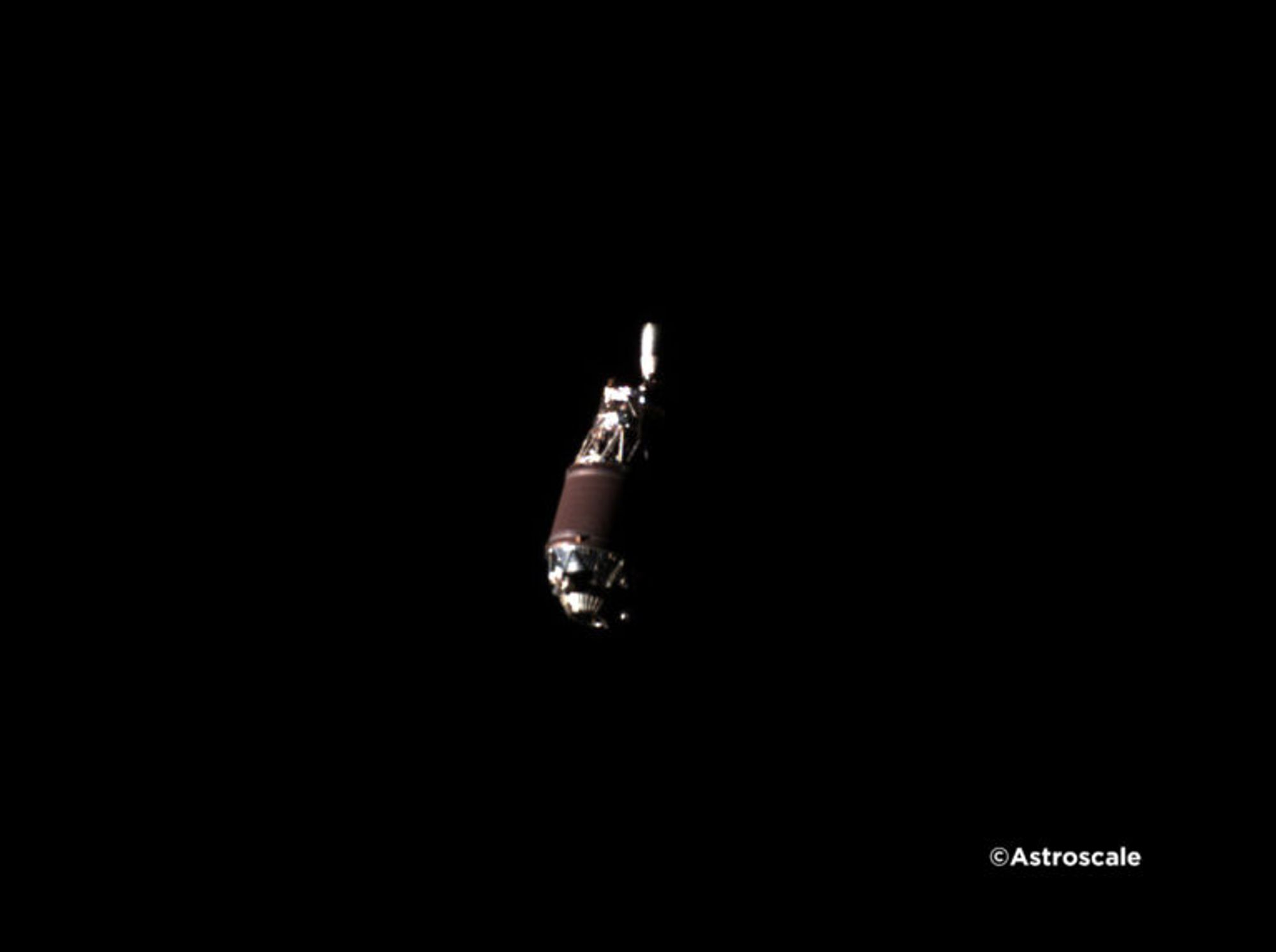Episode 1608: Good Things Come To Those Who Wait


This episode's got it all: geomagnetic storms causing brilliant auroras in equatorial latitudes, Starliner valve causing both delays and controversy -- and more! Have a listen, won't you?
May 6th was going to be the date that Astronauts Butch Wilmore and Sunni Williams were going to take the Boeing CST 100 Starliner spacecraft to the International Space Station for the first time with astronauts on board. Starliner has undergone a rather stormy development period and is several years behind schedule as a result but NASA, Boeing, and United Launch Alliance (ULA) teams after the earlier flight readiness review were confident that the spacecraft was ready for crewed flight. The mission also marked the first time since Leroy Gordon Cooper’s Mercury-Atlas 9 on May 15th, 1963, that a human was going to ride to orbit on the “shoulders” of an Atlas launch vehicle. Even the weather for the attempt on May 6th was 95 percent “go.”
Unfortunately, the May 6th date was not to be. A cranky valve on board the Second Stage (Centaur Stage) of the ULA Atlas V kept Starliner on the ground. We explore what exactly happened, put the event in context, and gauge public reaction on various social media outlets. We also take a look at a rather explosive claim from a New York-based NASA contractor, ValveTech, about the component in question and debunk the Company’s claims.
If you live in North America, did you catch the aurora this past weekend? A Class 4 Geomagnetic storm was the cause, the first Class 4 solar storm warning issued by NOAA since 2005. NOAA called a press conference about potential impacts on Friday, May 10th, calling the event “potentially historic.” What were the impacts here on Earth or did it pose issues for the International Space Station? We discuss.
The US Senate Commerce, Science and Transportation Committee approved the FAA Reauthorization Act which extends the period where the FAA's Office of Commercial Space Transportation (AST) would be limited from regulating the safety of commercial human spaceflight, more commonly known as the “learning period.” Also, the FAA announced public meetings to occur next month to get public comments on an Environmental Impact Study on allowing Starship Super Heavy launches from NASA's Launch Complex 39A. All comments should be submitted by one of the methods listed under "ADDRESSES" in the linked document no later than June 24, 2024. We examine both stories.

All this and more in this edition of Talking Space!
Please be sure to let us know your thoughts on the topics we discuss. You can always reach us at mailbag@TalkingSpaceOnline.com. You now also have a way to easily send us a voice recording that we may use on the show: just click on the blue microphone icon at the bottom right of any page at TalkingSpaceOnline.com.
Show recorded 05-12-2024.
Host: Larry Herrin
Panelist(s): Gene Mikulka, Heather Smith (Mark
Ratterman, Dr. Kat Robison and Sawyer Rosenstein will return)
Podcast Editor: Larry Herrin
Space Debris – website photo credit: Astroscale
Aurora -- website photo credit: Dr. Kat Robison
NOTE: As of the recording date of the episode, the next launch attempt for Starliner was May 17th. That has since been changed. Due to a stubborn helium tank system leak, the latest date: NET May 25th at 3:09 PM EDT (1909 UTC). This new date is tentative as of this writing, and is subject to change.